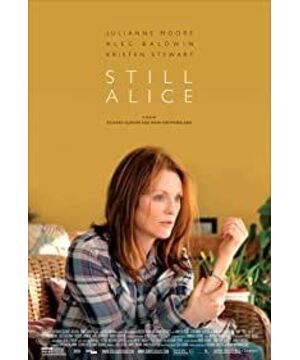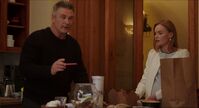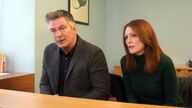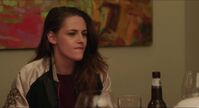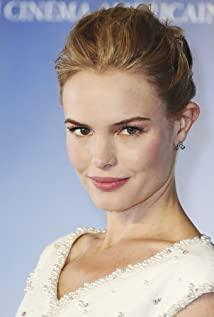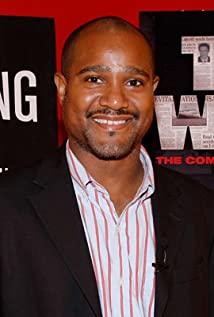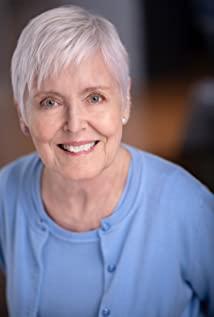"Still Alice" pale and feeble love! A college professor has been diagnosed with Alzheimer's disease and her life has changed forever. Sometimes facing death isn't scary, but losing yourself, losing everything you've ever cherished most and you can't do anything about it is the worst. The whole film relies on Julian Moore's excellent performance to show people's deep helplessness in the face of Alzheimer's disease. With love as the theme, the most important thing is the truth, and life is still going on. Even if you are someone that everyone cherishes very much, you can't stop your pursuit of life. You can only face it positively. Love also shows a hint of humbleness and helplessness at this time. 8 points. ps: It's been a long time since I was poked! three times!
View more about Still Alice reviews


